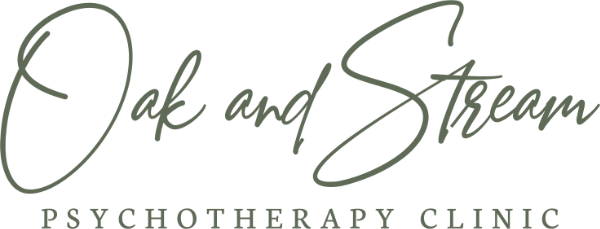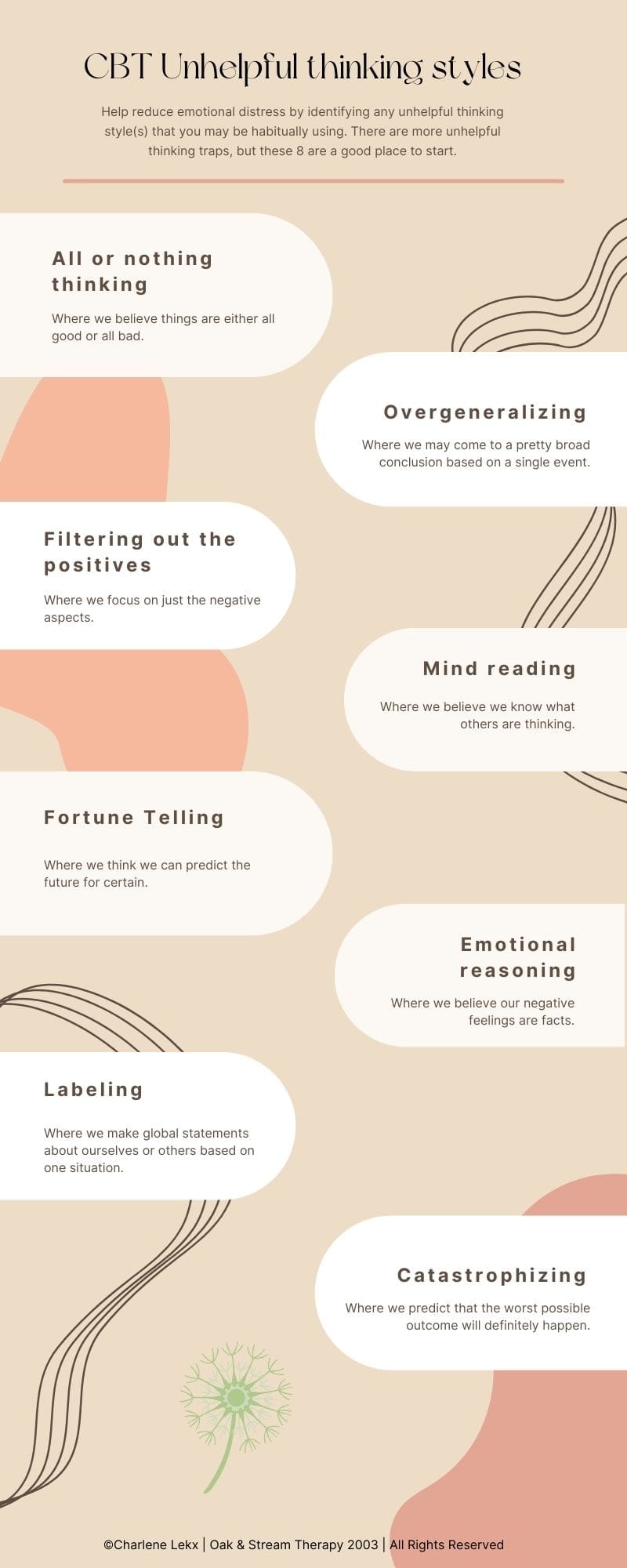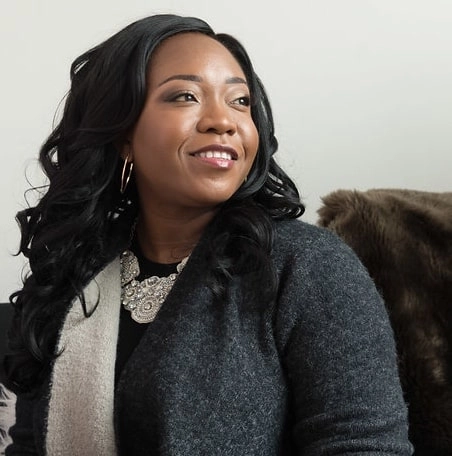Pause. Breathe. Hope. Heal.
Dear Reader! To make life easier for you, I wanted to give you this information in a couple different formats. You can either read this blog post, or click the link below to download the podcast and listen to the episode on the go.

Cognitive Behavioural Therapy (CBT) is an evidence-based therapeutic modality introduced by Aaron T. Beck. The idea with CBT is that our interpretation of a situation can influence our emotional, behavioral, and physiological reactions. In a nutshell, our unhelpful thoughts can negatively impact our feelings about a person or situation, and our feelings can then impact how we behave.
Since our thoughts, feelings, and actions are interconnected it is helpful to identify and challenge any patterns of thinking that are increasing our feelings of anxiety, depression, or distress. It’s helpful to notice any unhelpful thinking styles or thinking traps. Some examples are:
- All or nothing thinking: Where we believe things are either all good or all bad.
- Overgeneralizing: Where we may come to a pretty broad conclusion based on a single event.
- Filtering out the positives: Where we focus on just the negative aspects.
- Mind reading: Where we believe we know what others are thinking.
- Fortune telling: Where we think we can predict the future for certain.
- Emotional reasoning: Where we believe our negative feelings are facts.
- Labeling: Where we make global statements about ourselves or others based on one situation.
- Catastrophizing: Where we predict that the worst possible outcome will definitely happen.
In CBT, knowing our thinking trap is helpful. Once we know we have a specific unhelpful thinking style, we can look out for when we are adopting that strategy. We can also challenge our thoughts by asking ourselves if it’s true. Challenging our thoughts can help us look at the situation from multiple angles. Maybe looking at the situation from a different perspective can help.
One last thought. For clinicians working with BIPOC people; anyone who has experienced racialized trauma, it’s important to realize the possible holes in some of our modalities. CBT is a wonderful modality but there could be challenges if a clinician marginalizes and reduces a person’s racialized trauma or some micro-aggression they experienced as simply an unhelpful way of perceiving the situation. This is why we want to be trauma-informed and client centered because each person comes with their own story and we want to be able to hold, acknowledge, validate, and empathize with their entire story nuances and all.
Click here on on the picture below to download a free infographic of eight of the unhelpful thinking styles.
Finally, remember to take a moment in your day to remind yourself to pause, breathe, hope, and heal.
If you would like to see if we would be a good therapeutic fit, schedule a free 20-minute consultation by clicking the button below.






